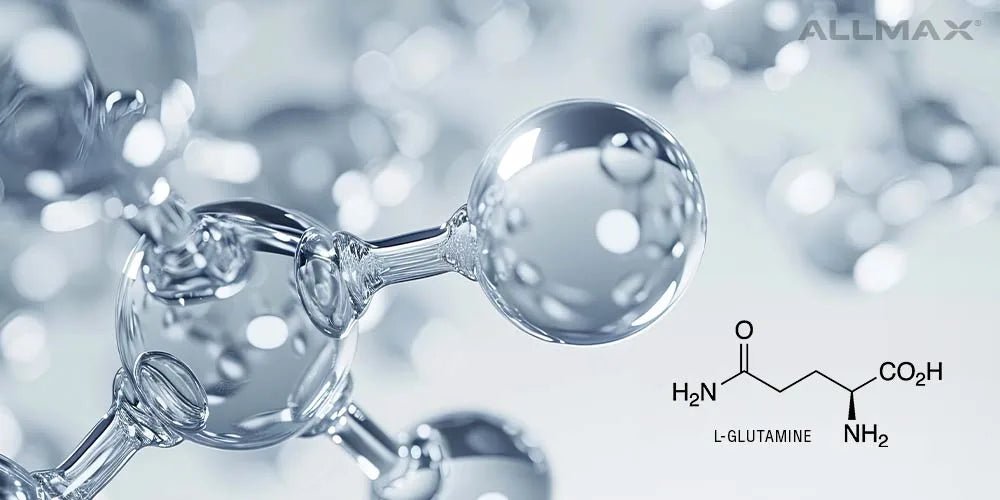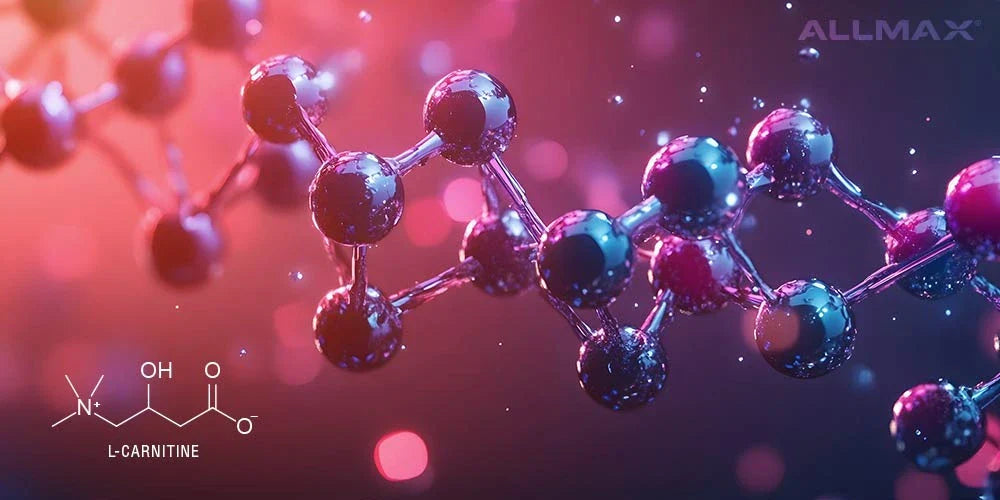Agmatine sulfate, a naturally occurring polyamine derived from the amino acid arginine via arginine decarboxylase, has garnered attention for its potential to improve various physiological and psychological functions. It plays a significant role in the regulation of neurotransmission, protection of cells, and modulation of mood and cognition. This article will explore the diverse benefits, side effects, and optimal dosages of agmatine sulfate, as well as its pharmacological properties.
What is Agmatine Sulfate?
Agmatine sulfate is a metabolite of arginine, an amino acid essential for protein synthesis and other vital functions in the body. This compound has demonstrated a multifaceted role in mammalian biology, impacting a wide range of physiological and pathological processes. In particular, agmatine sulfate’s ability to act as a neuromodulator in the brain, as well as its interaction with various receptor systems, suggests it may offer therapeutic potential for treating conditions such as mood disorders, neurological diseases, and more.
What does Agmatine Sulfate do?
Agmatine sulfate impacts several physiological systems, with its most prominent actions occurring in the brain and cardiovascular system. Here's how it works:
- Neurotransmission Regulation: Agmatine sulfate plays a crucial role in the regulation, metabolism, and reabsorption of neurotransmitters like serotonin, dopamine, and norepinephrine, which are critical for mood regulation, cognition, and anxiety management.
- Blood Flow and Cardiovascular Health: It promotes the production of nitric oxide, which is essential for vasodilation, enhancing blood flow and muscle pump during exercise. This can lead to better cardiovascular health and improved exercise performance.
- Neuroprotection and Cellular Protection: Agmatine sulfate has shown protective effects across various cellular contexts, including the brain, kidneys, and heart. It helps protect neurons from damage due to oxidative stress and inflammation, contributing to neuroprotection and overall cellular health.
- Interaction with Receptor Systems: Agmatine sulfate interacts with several receptor systems, including NMDA, α2-adrenoceptors, and imidazoline receptors. These interactions support cell viability, neuronal protection, and synaptic plasticity, making it a potential candidate for treating neurological conditions and mood disorders.
Benefits of Agmatine Sulfate
The multifaceted effects of agmatine sulfate provide several health benefits:
- Enhanced Exercise Performance: By improving blood flow and nitric oxide levels, agmatine sulfate helps achieve better muscle pumps, endurance, and performance during physical activity.
- Mood Regulation and Cognitive Support: Agmatine sulfate’s role in neurotransmission helps with mood regulation, learning, and cognition, offering potential relief from anxiety and depression.
- Neuroprotection: The compound protects the brain and nervous system from damage, supporting better brain health and function.
- Cardiovascular Health: Its ability to improve nitric oxide production supports healthy blood flow, making it beneficial for cardiovascular health and exercise endurance.
- Cellular Protection: Agmatine sulfate has nephroprotective and cardioprotective properties, providing broad protection for various organs and tissues.
Side Effects of Agmatine Sulfate
While agmatine sulfate is generally considered safe for most users, some potential side effects may occur:
- Gastrointestinal Discomfort: Some users may experience bloating, gas, or upset stomach.
- Dizziness or Headaches: In higher doses, agmatine sulfate may cause dizziness or headaches.
- Blood Pressure Changes: As agmatine influences nitric oxide production, it may cause fluctuations in blood pressure, particularly for individuals already on blood pressure medications.
It is recommended to consult with a healthcare provider before using agmatine sulfate, especially for individuals with existing medical conditions.
Agmatine Sulfate Dosage
The recommended dosage for agmatine sulfate varies based on individual needs, but a typical range is between 250 mg and 2,000 mg per day. It is advisable to start with a lower dose and gradually increase it, based on tolerance. Agmatine sulfate is commonly taken before workouts to enhance performance, but it can also be used for other purposes, such as improving mood and cognitive function.
For those interested in amplifying their results, combining agmatine sulfate with other supplements like Agmatine + Arginine can further enhance nitric oxide production, leading to better muscle pumps and overall cardiovascular health.
References:
- Rafi, H., Rafiq, H., & Farhan, M. (2024). Pharmacological profile of agmatine: An in-depth overview. Neuropeptides, 102429.
https://www.sciencedirect.com/science/article/abs/pii/S0143417924000283





1 commentaire
Vandan Sukhadia
great article and great product
great article and great product